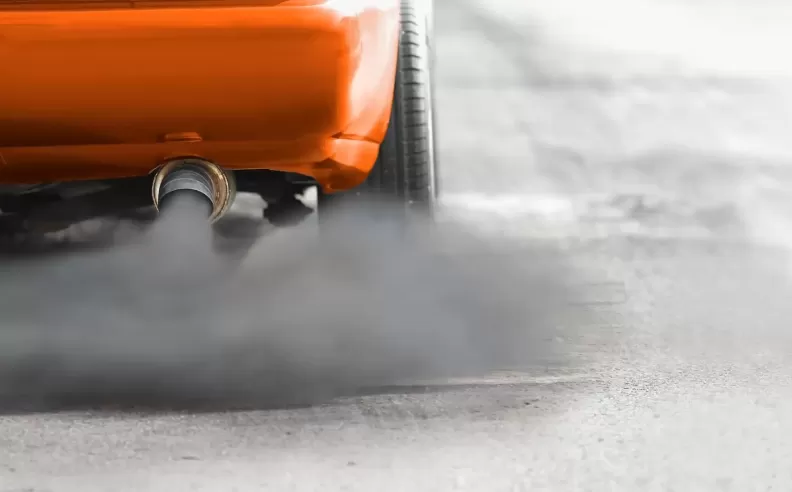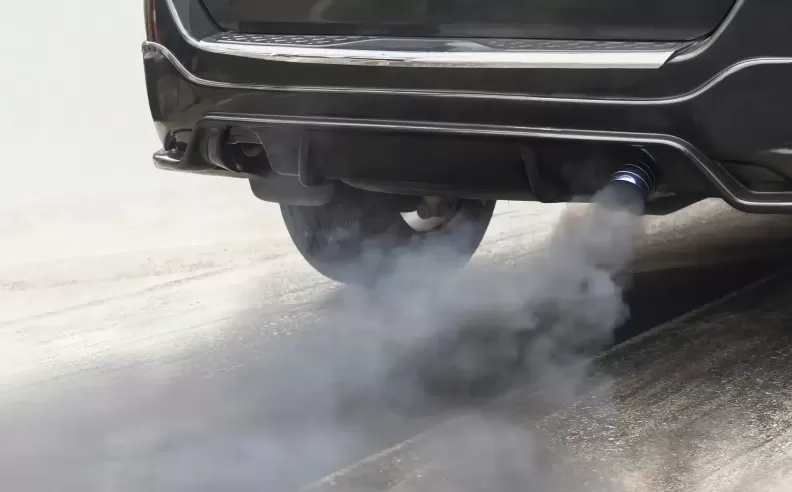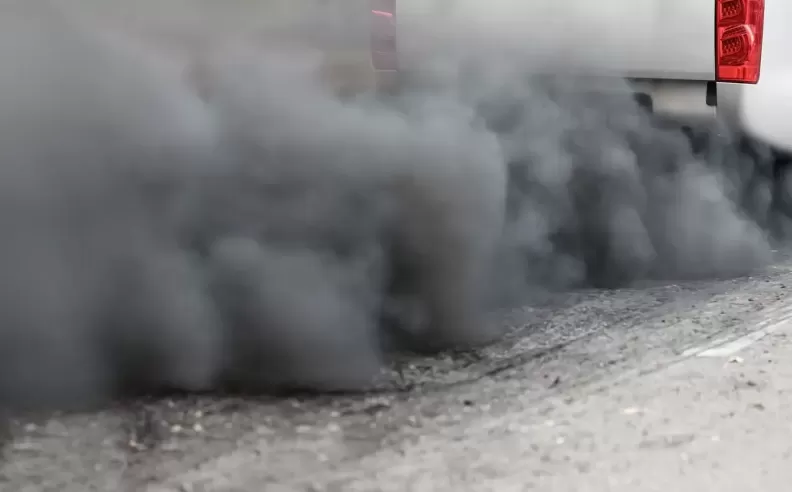
Black smoke coming out of a car’s exhaust isn’t just a visual nuisance, it’s a clear signal that something under the hood needs urgent attention. Whether you drive a gas or diesel vehicle, this issue usually points to an imbalanced air-fuel mix or a failing engine component. Ignoring the signs could lead to increased fuel consumption, more emissions, or even engine damage.
This guide explains the most common causes of black smoke, how to fix them, and what every driver in Saudi Arabia should know to keep their car running clean and smooth.

One of the main causes of black smoke is a fuel-rich mixture. This happens when more fuel than air enters the engine, leading to unburned particles getting released as smoke. Common reasons include a bad oxygen sensor, a malfunctioning fuel injection system, or even using the wrong type of fuel.
This issue isn’t just bad for your engine. It also burns through your wallet with increased fuel consumption. Drivers should check their air filters, fuel injectors, and make sure they're using fuel recommended by the carmaker.

Absolutely. A blocked air filter chokes the engine, preventing it from getting the oxygen it needs to burn fuel properly. This leads to an incomplete burn and that thick black exhaust. In diesel engines especially, worn-out or leaking fuel injectors can overload the cylinders with fuel.
Modern cars rely heavily on precision injection systems, so even small faults can cause big performance issues. Regular maintenance, such as filter replacement and injector cleaning, can keep this problem in check and avoid costly repairs down the line.

Using low-grade or incorrect fuel can disrupt the combustion process, leading to unburned fuel and excess smoke. Similarly, a faulty turbocharger might fail to deliver enough air to the engine, creating that same overly rich fuel mix.
If your car has a turbo system and you’re seeing smoke along with a drop in performance, get the system inspected immediately. As for fuel, stick with trusted gas stations and avoid mixing types that aren’t compatible with your engine.
If the black smoke lasts more than a few minutes or happens every time you start the car, that’s a red flag. It could point to deeper issues like faulty spark plugs, a damaged catalytic converter, or even a failing turbo system.
Don’t wait for the check engine light to flash. If you notice a loss in power or a sharp rise in fuel use, book a visit to your trusted workshop. Acting early can save your engine and help you avoid a breakdown in the middle of the Saudi heat.

Started my career in Automotive Journalism in 2015. Even though I'm a pharmacist, hanging around cars all the time has created a passion for the automotive industry since day 1.
